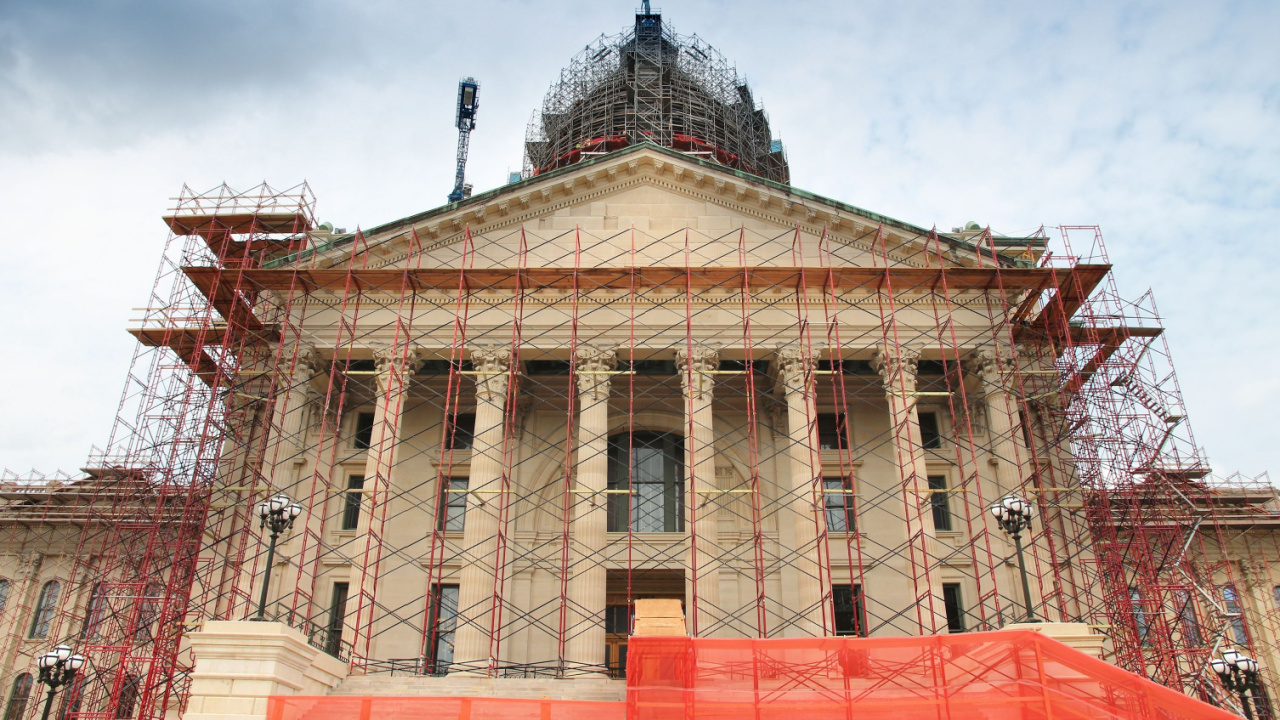
Don’t Mess With Texas Construction...Until You Know the Rules
Between 2010 and 2016, Texas’ population grew at the second-greatest rate in the country, accompanied by increased demand for residential, retail and commercial space. With companies such as State Farm and Toyota relocating company headquarters to North Texas, contractors nationwide are dedicating more resources to Texas than ever before.
Wise contractors will be wary of the unique Texas laws that affect them. With proper understanding and preparation, contractors can save the pain and expense of subsequent litigation.
Choosing Law and Venue
Several Texas laws reflect a tendency to protect subcontractors, such as giving them the option to choose Texas law and set venue in Texas for any disputes related to a Texas construction project. In fact, the parties that perform the work or repairs under construction contracts in Texas have the option to void choice of law and venue selection provisions in their contracts that provide for application of another state’s laws or require resolution of disputes in another state.
This often comes as a surprise to many out-of-state general contractors when they find themselves fighting disputes in unfamiliar courts, applying Texas law to contracts drafted with another state’s law in mind. Out-of-state subcontractors also should note that the Texas legislature expanded this law during the recent legislative session to provide general contractors the same protections.
Avoiding Pay-if-Paid Clauses
Subcontractors receive additional benefits when the contractor’s obligation to pay is contingent on receipt of payment from the owner—commonly known as the pay-if-paid clause. Texas statutes essentially allow a subcontractor to turn off the pay-if-paid clause by following a specific procedure of providing notice at identified times. The required procedure is tedious, though, and often left unused by subcontractors.
Even if a subcontractor does not follow the protocol, though, pay-if-paid clauses can be ineffective if the owner terminates the general contractor for cause. The ability for a Texas subcontractor to take away the protection of a pay-if-paid clause may come as a surprise to an out-of-state contractor.
Securing Lien Rights
Texas provides many of the same protections to contractors and subcontractors that other states provide, such as lien and payment bond rights, but with its own specific requirements. Contractors and subcontractors must secure their lien rights by following specific notice requirements. The Texas scheme can be complex, with the required notice deadlines depending on whether the contractor is a general contractor or a subcontractor, and even different requirements for companies providing custom materials.
There is good news, though. While the statutes can be complex, establishing a company procedure or process to ensure a company does not inadvertently waive lien rights is a relatively easy process when established with experienced Texas counsel.
Timing of Payment Obligations
Like many other states, Texas has its own prompt pay laws. An experienced contractor will likely be familiar with the concepts behind those provisions, and will know that each state has its own timing, notice and payment obligations.
In Texas, the timing of payment obligations depends on whether the project is public or private, the time invoices and payment are received, and whether there is a bona fide dispute regarding the work. Because contractors and subcontractors cannot waive or alter the provisions of the prompt pay act by contract, it is important for each party to work with someone familiar with those provisions to ensure they do not unknowingly and unnecessarily subject themselves to liability for violating the act.
Creating Fiduciary Obligations for Construction Funds
Finally, Texas statutes consider certain construction-related payments to be trust funds. If the funds a contractor or subcontractor receives qualify as trust funds under the Texas Property Code, the holder of those funds owes fiduciary duties related to the handling of the funds. This is a powerful tool subcontractors and suppliers can use to coerce the parties above them in the payment chain to make payment simply to avoid the risk of fighting a fiduciary duty claim. To avoid breaching a fiduciary duty to a subcontractor or supplier, contractors should ensure their contractual payment terms and payment procedures meet the requirements of Texas’ construction trust fund statutes.
Texas’ staggering growth is likely to continue for the foreseeable future. Working with an attorney experienced in Texas construction law can give contractors and subcontractors the necessary contractual revisions, policy implementation and general advice to help avoid legal pitfalls.
Related stories








